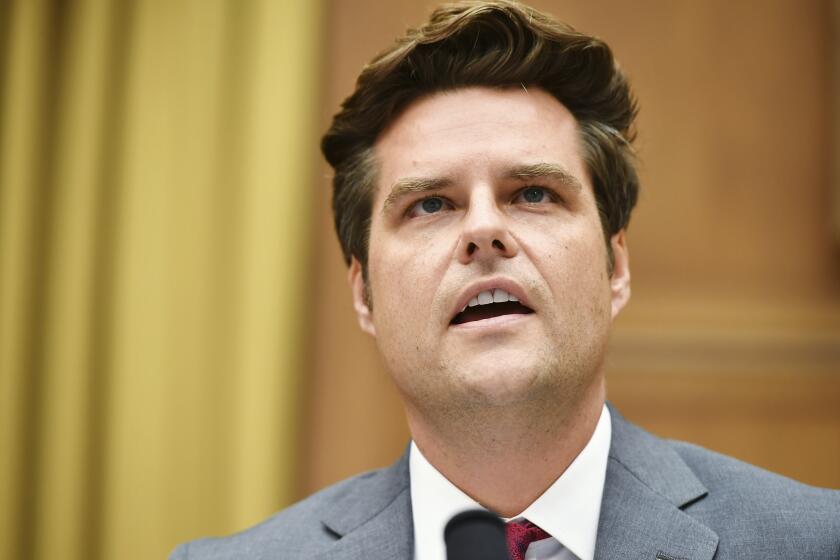Welcome to the real world
JERUSALEM — During a campaign that drew extraordinary attention around the world, Barack Obama offered a sharp break from the Bush administration’s interventionist and often unilateral approach to foreign affairs.
He promised to rebuild strained alliances and court some long-standing U.S. adversaries. Alluding to those pledges in his victory speech, he proclaimed “to all those watching tonight from beyond our shores, from parliaments and palaces, to those who are huddled around radios in the forgotten corners of the world,” that “a new dawn of American leadership is at hand.”
That may be so. But campaigns are unreliable guides to presidential priorities and decisions. John F. Kennedy said next to nothing in 1960 about a troop buildup in Vietnam, and Richard M. Nixon gave no hint in 1968 about an opening to China. Candidate Bill Clinton sounded determined in 1992 to end ethnic bloodletting in the Balkans, yet three years passed before President Clinton took effective action. In 2000, George W. Bush belittled Clinton’s nation-building in Bosnia-Herzegovina, only to see his presidency consumed by a similar, painful mission in Iraq.
Two and a half months from now, as the simplified strokes of campaign rhetoric meet the messier demands of governing, Obama will confront two truths about his foreign policy goals -- and perhaps some unexpected crises as well.
One truth is that America’s financial crisis will limit his power to act, drawing his attention away from pressing global problems and putting strains on the overseas alliances he seeks to nurture. Though Obama is wildly popular abroad, his defense of U.S. interests will inevitably clash with those of other nations.
Consider the European Union and China. Obama needs Europe’s backing to stabilize Afghanistan, combat terrorism and impede the spread of nuclear weapons. He needs firmer ties with China to shore up U.S. interests in volatile South Asia and slow global warming. But he risks alienating both powers if his administration erects trade barriers to protect American jobs, an imperative he stressed in the campaign.
The other truth is that, even with wider international support, it may be impossible for Obama to win the wars in Iraq and Afghanistan, prevent Iran from building a nuclear weapon, broker peace between Arabs and Israelis or stabilize African countries beset by civil strife. As Times correspondents explain on this page, the realities on the ground are more complex than presented by Obama the candidate.
Case in point: Israel might soon elect a prime minister unwilling to continue U.S.-brokered peace talks with the Palestinians.
And those are the knowable constraints. Obama must also be ready for an early test by terrorists or a hostile foreign power, as Vice President-elect Joe Biden famously reminded him last month. Obama would do well to review the rough ride Clinton got in his first year in office: Terrorists tried to blow up the World Trade Center in 1993, and an American humanitarian mission to combat famine in Somalia deteriorated and ended in a humiliating U.S. retreat.
Obama might also keep an eye on a security threat that went unmentioned during the campaign: the infiltration of Mexico’s murderous drug gangs across the southwestern U.S. border.
--
More to Read
Get the L.A. Times Politics newsletter
Deeply reported insights into legislation, politics and policy from Sacramento, Washington and beyond. In your inbox three times per week.
You may occasionally receive promotional content from the Los Angeles Times.










